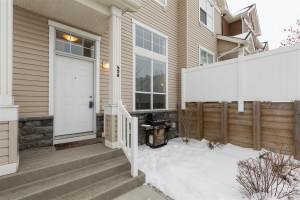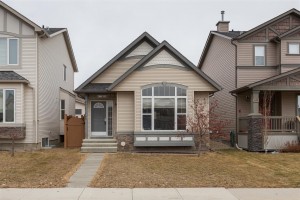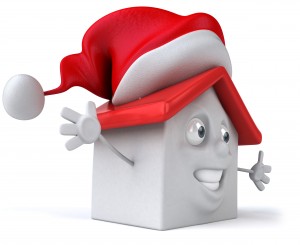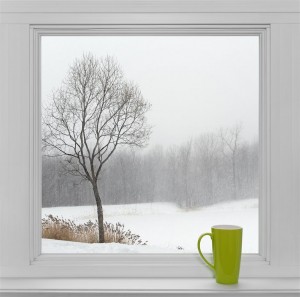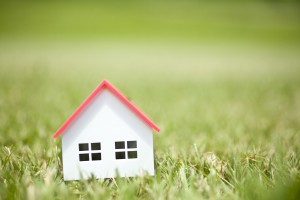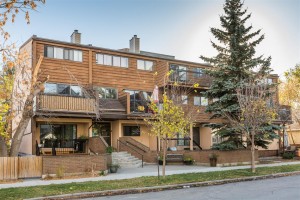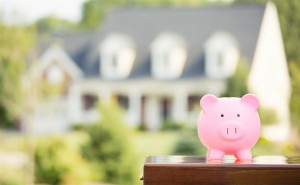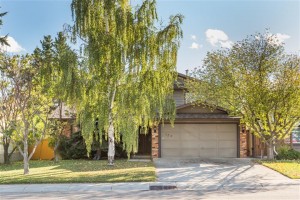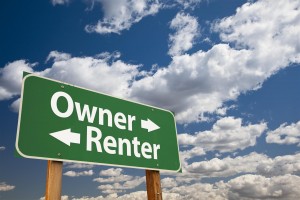
If you’re strapped for cash, is it more cost-effective to rent or to buy your home? This is the eternal question, amongst those who like to debate real estate strategy anyway, and I doubt I’ll solve it with a definitive answer here, but there are plenty of factors to consider when figuring out which method of putting a roof over your head is easier on the wallet.
Let’s start with renting. When you rent your place, your landlord is responsible for pretty much all the maintenance and upkeep; unless you decide to do something cosmetic on your own dime – paint the bathroom pink, for example – your rent covers anything and everything. Furnace conks out? Not your problem (other than being cold until it’s fixed). Roof is due for repair? The owner’s gotta pony up. Freak hailstorm rips off your siding? You get the idea. Add to this absolution from financial obligation the fact that you need only purchase tenant’s insurance covering the cost of your belongings – and not homeowner’s insurance that includes the property itself – and renting can appear to be a real bargain.
Of course, rental rates in Calgary are famously high, and rising. Mayor Nenshi actually used the ‘g’ word in describing some landlords’ policies in recent years. You’ll almost always pay significantly more in rent than you would on a mortgage each month.
So let’s look at homeownership. First off, you’ve got to pull together a down payment of at least 5 percent of the property’s value. So buying a $300,000 home would necessitate at least a $15,000 deposit – a fair stretch more than the first and last months’ rent needed to secure a rental property. Once you’ve bought, though, your monthly mortgage payments can look pretty sweet compared to rent. With a 4 percent fixed interest rate and a 25 year amortization, that $285,000 mortgage would require about $1500 per month in payments (maybe a little more when factoring in CMHC insurance – we aren’t being exact here); the average rental rate for a two-bedroom home in Calgary is about $1600. Consider that every payment you make on your home is building equity, as opposed to disappearing into a black hole, and the value of ownership becomes clearer.
Of course, as an owner you take on the financial responsibilities renters get to ignore: home maintenance is perpetual, homeowners’ insurance is more expensive (although its still pretty cheap), and property tax bills show up each year. There’s no getting around the fact that if you’re living paycheque to paycheque, you may be better off renting, at least until you can build up a nest egg.
If you can swing it at all, though, maybe by cutting expenses somewhere or picking up some extra hours, long-term home ownership definitely provides the greatest financial security. Each month you own more of your property, giving you equity that can be leaned upon in tough times or built up as part of a retirement strategy. Mortgage payments are not just checking off shelter on your list of necessities, they are also improving your financial future. Don’t like maintenance or yard work? Consider a condo, which can give you the financial leg up without the hassle of owning a lawn mower.
The decision to rent or to buy is deeply personal, revolving around your own individual circumstances and financial goals. If you’re interested in talking about your options with a professional, contact me today with no obligation.

